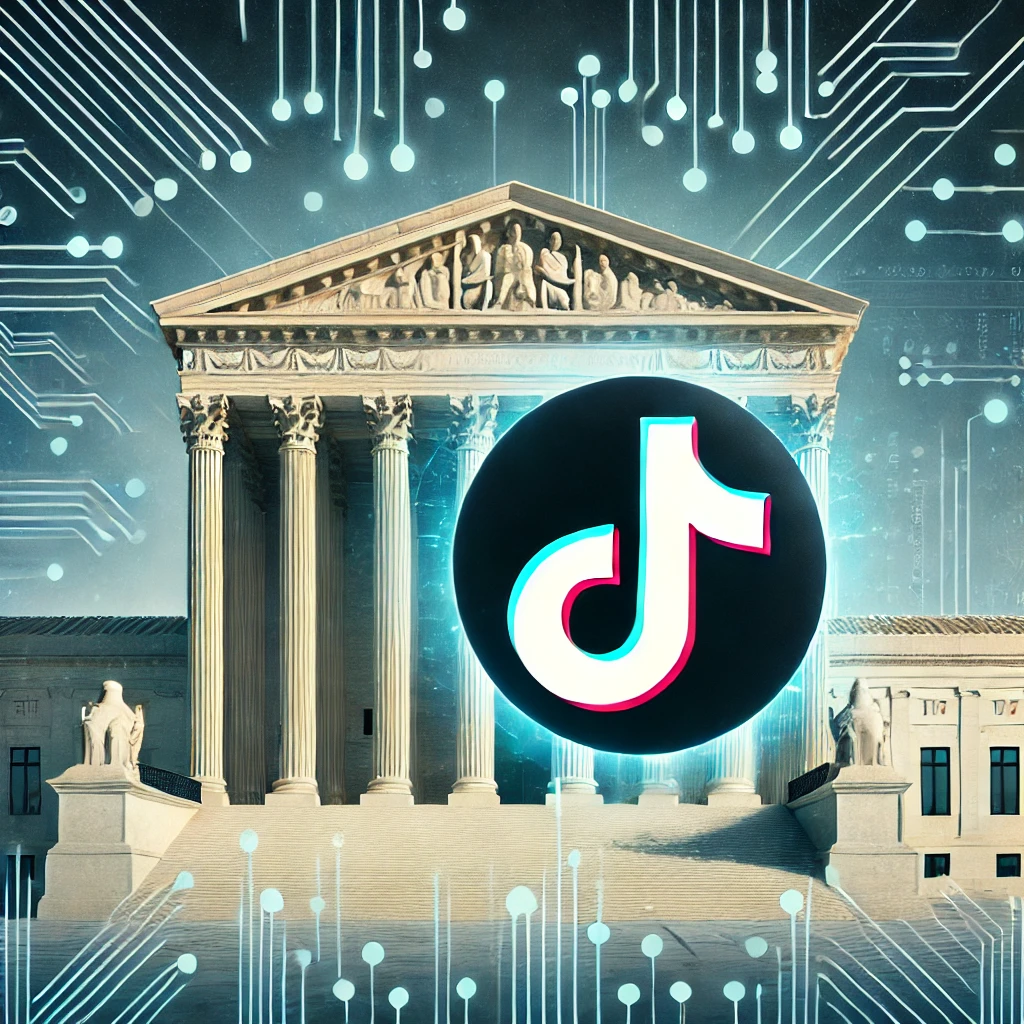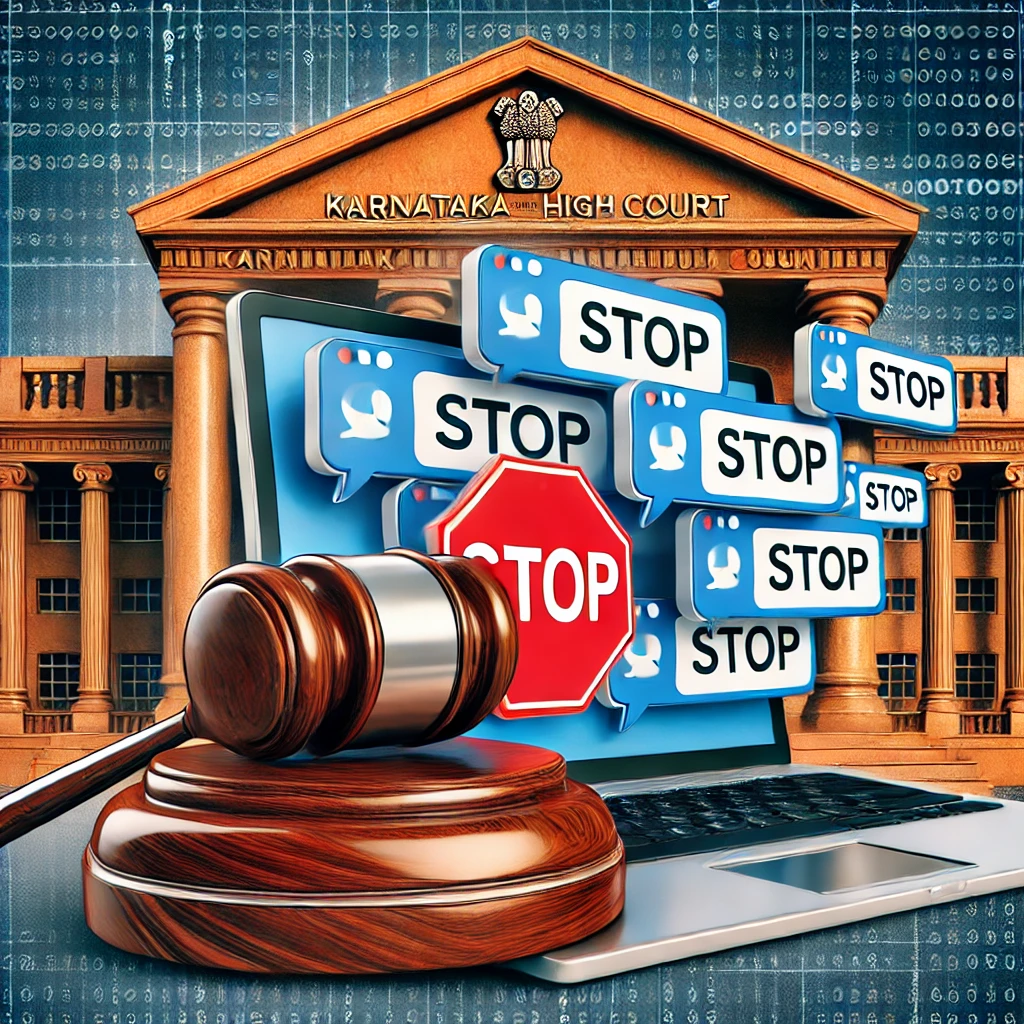Media laws at Maldives
Media Laws in the Maldives
The Maldives has a relatively free media environment compared to some other countries in the region, but it still faces significant challenges, particularly regarding government control, self-censorship, and legal restrictions. The media landscape in the Maldives is shaped by both constitutional guarantees of freedom of speech and press freedom and by restrictive laws that regulate media content, particularly in sensitive areas like politics, religion, and national security.
Overview of Media Laws in the Maldives
1. Constitutional and Legal Framework
A. Constitution of the Maldives
Article 27 of the Constitution of the Maldives guarantees freedom of speech and freedom of expression, which includes freedom of the press and the right to impart and receive information.
"Every citizen shall have the right to freedom of speech, and to express freely their opinions and ideas."
However, the Constitution also allows for limitations to these rights, particularly in matters related to national security, public order, and morality.
Restrictions on speech may apply to defamation, hate speech, or content considered detrimental to public order or national security.
2. Key Media Laws and Regulations
A. The Press Law (2010)
The Press Law, also known as the Law on Freedom of the Press, was enacted in 2010 to regulate media practices and guarantee press freedom.
The law protects journalists' right to freedom of expression and aims to ensure the independence of media outlets.
It also requires media organizations to provide accurate and balanced reporting and avoid spreading misleading information.
The Press Law allows for the right of reply, meaning that individuals or organizations can respond to negative or defamatory reporting.
Censorship: The law allows the government to impose certain limitations on content that can be considered a threat to public order, national security, or morality, including incitement to violence, religious extremism, or hate speech.
B. Defamation and Libel Laws
Defamation and libel are criminal offenses in the Maldives. Defamation laws are often used by politicians and public figures to sue journalists or media outlets for negative coverage.
Media outlets can be sued for publishing false or damaging information about individuals or entities, and penalties may include fines or imprisonment.
While the Press Law provides some protection for journalists, defamation laws are often used to intimidate or silence critical media. This has contributed to a culture of self-censorship, where journalists may avoid reporting on politically sensitive or controversial issues.
C. The Anti-Terrorism Act (1990)
The Anti-Terrorism Act criminalizes activities considered to support or incite terrorism, including certain forms of media content.
This law has been used to target journalists or media outlets that publish content related to extremism, anti-government views, or political dissent.
The broad definition of terrorism and incitement in the law can be used to suppress media that challenges the government, particularly during periods of political unrest.
D. The Public Order Act (2008)
The Public Order Act allows the government to regulate gatherings, demonstrations, and any media content that may incite public unrest.
The law allows authorities to censor or block media content that promotes violence or disorder, and it can be applied to restrict political content deemed a threat to public order.
Security concerns related to national protests, public gatherings, or demonstrations may lead to temporary bans on certain media outlets or restrictions on their reporting.
E. Broadcasting Regulation (2010)
The Broadcasting Regulation regulates the broadcasting of both public and private television and radio stations.
It sets the framework for media ownership and ensures that broadcasters follow ethical standards for news reporting, avoiding the dissemination of misleading or false information.
Like other media laws, it also allows the government to restrict content that could incite violence or disorder or that goes against the morality of the country.
3. Regulatory Bodies
A. Maldives Broadcasting Commission (MBC)
The Maldives Broadcasting Commission (MBC) is the main regulatory body for television and radio broadcasting in the Maldives.
The MBC oversees the implementation of broadcasting laws, ensures compliance with ethical standards, and monitors content for adherence to national security and public order concerns.
It has the authority to issue licenses for television and radio stations and can revoke those licenses if media outlets violate the law or broadcast content deemed unacceptable.
B. The Media Council of the Maldives
The Media Council is an independent body that aims to promote media freedom and ethical journalism in the Maldives.
It provides a platform for media organizations and journalists to discuss issues related to freedom of the press and journalistic integrity.
The Media Council also plays a role in mediating disputes between media outlets and other entities, including individuals and organizations.
4. Press Freedom and Media Environment
A. Press Freedom
The Maldives is ranked as "Partly Free" in terms of press freedom by Freedom House. The country has made progress in recent years, especially after the introduction of the Press Law (2010), which established legal protections for journalists.
However, the media environment remains constrained, with government influence, self-censorship, and legal threats serving as significant challenges for journalists and media outlets.
Political pressure on media outlets, particularly during elections or periods of political tension, can limit journalistic independence and objectivity.
B. Self-Censorship
There is a significant amount of self-censorship in the Maldives' media due to the potential for legal consequences, including defamation lawsuits and harassment of journalists and media professionals.
Journalists often avoid sensitive topics, such as government corruption, the role of religion in politics, or criticism of the ruling government, to avoid legal or social repercussions.
The culture of self-censorship also extends to social media, where users are cautious about posting content that could be viewed as critical of the government or politically sensitive.
5. Defamation and Libel
Defamation laws in the Maldives are robust and can be used by politicians, businesses, and individuals to silence criticism or prevent negative reporting.
Public figures and government officials are frequently able to use defamation suits as a way to retaliate against journalists or media organizations that publish content deemed harmful to their reputation.
Journalists and media outlets that publish content critical of the government or politically sensitive topics face the risk of lawsuits, fines, and imprisonment. Defamation cases are often used as tools of intimidation.
6. Social Media and Online Content
Social Media Regulation: Social media platforms in the Maldives are subject to government monitoring. Content that criticizes the government, religious figures, or national security can lead to legal consequences.
The Communications Authority of the Maldives (CAM) plays a role in monitoring and regulating online content, ensuring that platforms adhere to local laws regarding defamation, hate speech, and public order.
The government can block websites or take down content that is considered harmful or illegal, particularly if it threatens the government’s authority or national security.
Cybersecurity and Privacy: Privacy laws in the Maldives do not adequately protect individuals' online freedom, leaving citizens vulnerable to surveillance and government action against online dissent. Freedom of expression on the internet is often limited by the fear of being prosecuted for online content deemed offensive or critical.
7. Hate Speech and Content Regulation
The government closely regulates content that could be viewed as inciting hate or religious extremism, particularly concerning Islam, which is the state religion of the Maldives.
Hate speech laws target content that could disturb public order, promote religious intolerance, or incite ethnic division.
This regulation often extends to media outlets and social media, and individuals or journalists who spread content deemed offensive or insensitive can face legal consequences.
8. International Considerations and Challenges
The Maldives faces international scrutiny over its press freedom record. While it has taken steps to promote a more independent media environment, legal frameworks and government control continue to limit freedom of expression.
International organizations, such as Reporters Without Borders and Freedom House, have consistently highlighted restrictions on the media in the Maldives, ranking the country as partly free and emphasizing the ongoing challenges journalists face in terms of government pressure and self-censorship.
Summary Table: Media Laws in the Maldives
| Aspect | Status |
|---|---|
| Freedom of Press | Partly Free; limited by government control and self-censorship |
| Defamation | Criminal offense; often used to silence critical media |
| Broadcasting | Heavily regulated by the Maldives Broadcasting Commission |
| Social Media Regulation | Monitored and regulated; content critical of the government may be censored |
| Press Complaints | Legal complaints are possible, but often suppressed by government influence |
| Public Media | Media outlets must adhere to national laws and face restrictions on sensitive topics |
| Media Ownership | Some private ownership, but government has significant control |
| Hate Speech | Regulated; used to control content that could disrupt religious or national harmony |
| Censorship | Government implements censorship in both traditional and online media |
Conclusion:
While the Maldives has constitutional guarantees of freedom of speech and press freedom, the media environment is constrained by several restrictive laws such as defamation, anti-terrorism, and public order laws. These laws are frequently used to suppress media content critical of the government or sensitive political issues, leading to self-censorship and a limited space for independent reporting. Despite these challenges, there have been some improvements in media freedom, and the Press Law (2010) offers legal protections for journalists, though these are often undermined by government control and the use of legal threats to stifle criticism.




















0 comments